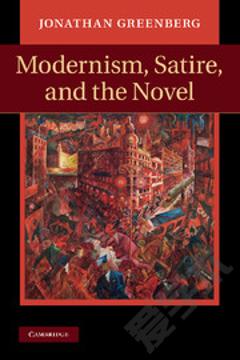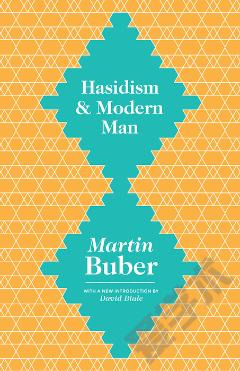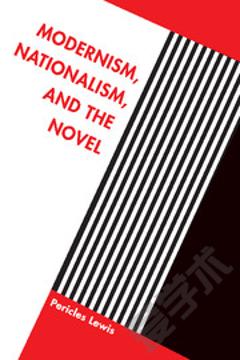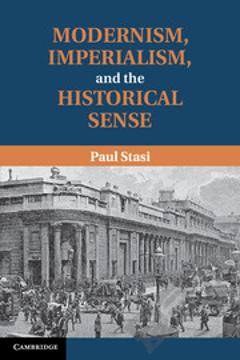Modernism, Narrative and Humanism
In Modernism, Narrative and Humanism, Paul Sheehan attempts to redefine modernist narrative for the twenty-first century. For Sheehan modernism presents a major form of critique of the fundamental presumptions of humanism. By pairing key modernist writers with philosophical critics of the humanist tradition, he shows how modernists sought to discover humanism's inhuman potential. He examines the development of narrative during the modernist period and sets it against, among others, the nineteenth-century philosophical writings of Schopenhauer , Darwin and Nietzsche. Focusing on the major novels and poetics of Conrad, Lawrence, Woolf and Beckett, Sheehan investigates these writers' mistrust of humanist orthodoxy and their consequent transformations and disfigurations of narrative order. He reveals the crucial link between the modernist novel's narrative concerns and its philosophical orientation in a book that will be of compelling interest to scholars of modernism and literary theory.
{{comment.content}}








 京公网安备 11010802027623号
京公网安备 11010802027623号